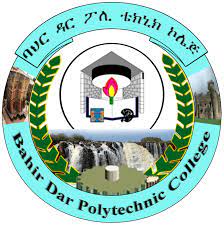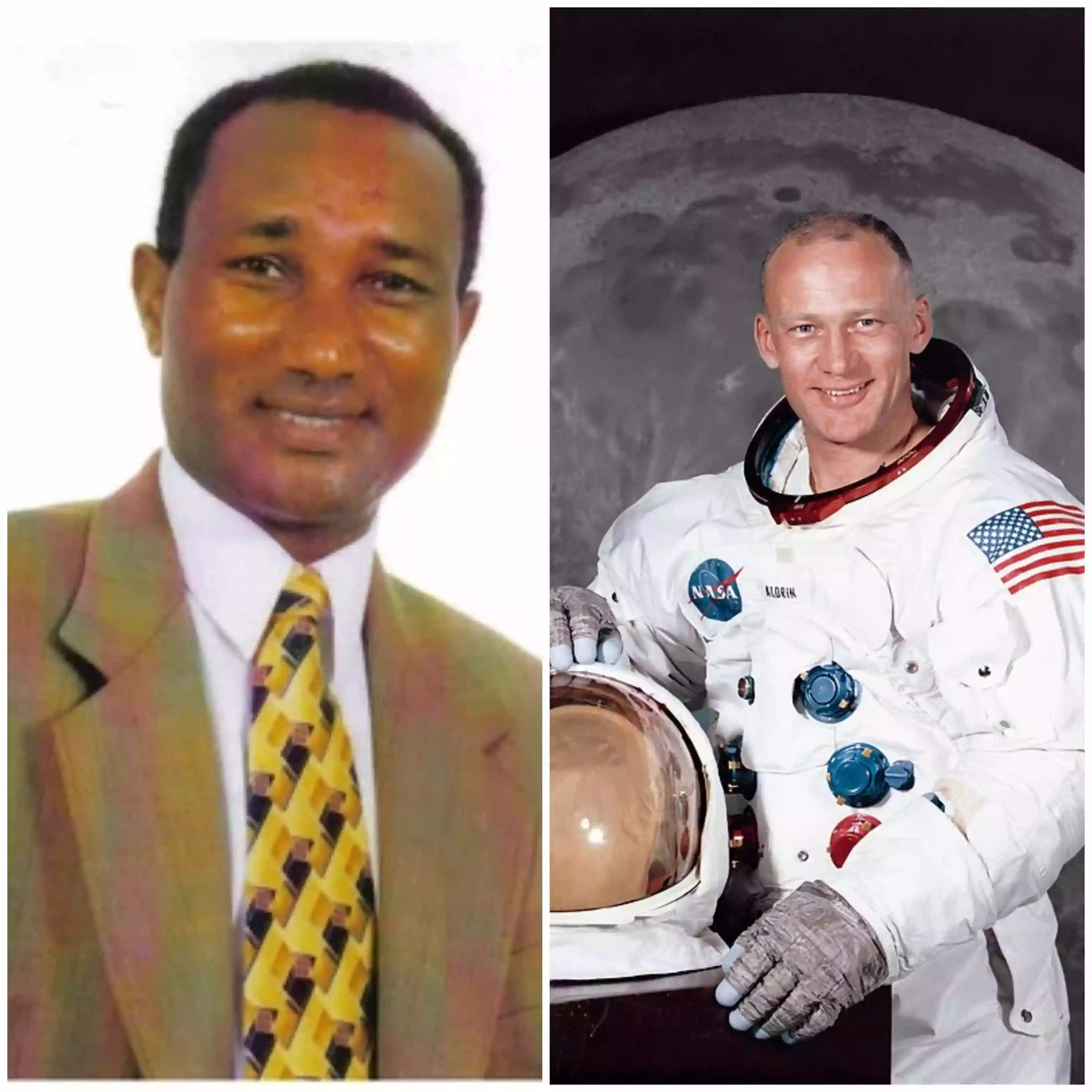

 (ማስታወቂያ)
(ማስታወቂያ)
Kitaw Ejigu is a remarkable figure in the field of space exploration, whose contributions have shaped the course of human understanding and potential in outer space. From his early beginnings to his groundbreaking achievements, Kitaw's journey is one of determination, innovation, and a relentless pursuit of pushing the boundaries of what is possible.

In this article, we will explore the life and work of Kitaw Ejigu, highlighting his significant contributions to space exploration and the lasting impact he has had on the field. Join us as we explore the visionary ideas and groundbreaking advancements of a true pioneer who is paving the way for the future of space exploration.
Kitaw Ejigu was born on 25 February 1948 in Bonga, Keffa province, Ethiopia. His parents, Ejigu Haile and Askale Belayneh, played a vital role in his upbringing. Growing up in Bonga, Waka, and Jimma, Kitaw had a childhood filled with curiosity and a thirst for knowledge. After completing his primary and secondary education in Bonga, Waka, and Jimma, Kitaw embarked on his higher education journey. He enrolled at the Polytechnic College of Ethiopia, located in Bahir Dar, where he pursued Mechanical Engineering.

Kitaw's dedication and academic prowess were evident as he graduated in 1966, standing out as the top student in his class. Driven by a desire to expand his horizons and pursue his passion for engineering, Kitaw seized an incredible opportunity in 1972. He earned a prestigious scholarship provided by the Japanese Overseas Technical Association, which enabled him to travel to Japan. In Japan, Kitaw pursued studies in Automotive Engineering at Hiroshima University, further honing his technical skills. Additionally, he studied Language and Economics at Osaka University, embracing a multidisciplinary approach to his education. In 1973, Kitaw embarked on yet another educational adventure, this time in the United States. His exceptional abilities and potential were recognized as he received a scholarship to pursue higher studies. In the US, he obtained a Master of Arts in Business Administration and a Doctor of Philosophy in Aerospace Engineering. These degrees provided him with a solid foundation in both the technical and managerial aspects of the aerospace industry. Kitaw Ejigu's early life experiences, coupled with his diverse educational background, laid the groundwork for his future accomplishments in the field of space exploration.

Following his graduation from the former Polytechnic College (now Bahir Dar Institute of Technology) in 1967, Kitaw Ejigu embarked on a remarkable career that would shape the future of space exploration. After completing his studies, Kitaw joined the Ethiopian Automotive Services and Sales Company as the Chief Technical Advisor and Assistant Manager. He excelled in this role, showcasing his technical expertise and management skills for a period of two years. In pursuit of further knowledge and opportunities, Kitaw was awarded a scholarship to the United States, where he had the privilege of being employed by NASA. This marked a significant milestone in his career, as he became the first Ethiopian aerospace scientist. At NASA, he served as the Chief of Spacecraft and Satellite Systems Engineer, contributing his expertise to support Planetary Science Research and Exploration. Kitaw's innovative mindset led him to invent spacecraft and rockets that played a crucial role in advancing scientific exploration. In 1978, Kitaw Ejigu's exceptional talent and ingenuity were further highlighted when he collaborated with prominent NASA scientists, including the renowned Apollo astronaut Buzz Aldrin.

Buzz Aldrin, the second person to set foot on the Moon, was an esteemed figure in the field of space exploration. His involvement in working alongside Kitaw Ejigu underscores the significance of Kitaw's contributions to NASA. During their collaboration, Kitaw invented two groundbreaking aerospace mechanisms that garnered patents under NASA's prestigious new technologies program. These inventions not only displayed Kitaw's unmatched creativity and problem-solving skills but also solidified his reputation as a pioneering aerospace engineer. Not limited to NASA, Kitaw also collaborated with Boeing, where he, along with his colleagues, invented the Flight Dynamic Simulator and an Advanced Global Positioning Satellite System. His contributions in these areas enhanced aviation technology and navigation systems. Throughout his career, Kitaw worked as a scientist and engineer for renowned companies such as Loral Corp and Rockwell International, further expanding his expertise and leaving a lasting impact on the aerospace industry. In the early 2000s, Kitaw returned to his homeland, Ethiopia, with a vision to promote technology-based development. He established Trans Tech International, a privately owned satellite and systems engineering company. As its Chief Executive Officer, he pioneered advancements in satellite technology, providing global technology services. In addition to his scientific pursuits, Kitaw ventured into politics. In 2002, he founded the Ethiopian National United Front, a political party dedicated to advocating for progress and development in Ethiopia. Kitaw Ejigu's illustrious career as an aerospace scientist, inventor, and entrepreneur showcases his unwavering commitment to advancing space exploration and technological development. His groundbreaking contributions continue to inspire future generations and shape the trajectory of scientific discovery.
Related articles: - 12 Famous Ethiopian Scientists and Their Astonishing Contributions - Top 8 Ethiopian-American scientists

Kitaw Ejigu's personal life was marked by meaningful connections and a diverse cultural background. He was married to Estela Ejigu, a woman of non-Ethiopian descent who embraced Ethiopian culture and received baptism. Their union exemplified the beauty of cultural exchange and mutual respect. During his lifetime, Kitaw and Estela were blessed with three children, whom they named Binyam, Jared, and Abigail. The choice of Ethiopian and biblical names for their children reflected Kitaw's deep appreciation for his Ethiopian heritage and his spiritual beliefs.
Tragically, Kitaw Ejigu's life was cut short on 13 January 2006 at the age of 57. He was laid to rest in the Forest Lawn Cemetery in Covina Hills, Austin, Texas, United States. His final resting place serves as a tribute to his indelible contributions to the field of aerospace engineering and his enduring legacy. However, it is important to note that the circumstances surrounding Kitaw Ejigu's death remain controversial. Rumors circulated that he died while playing basketball, but these reports were met with skepticism. Conspiracy theories emerged, suggesting that he may have been murdered. The exact cause of his death and the validity of these theories remain subjects of speculation and debate. While the controversy surrounding Kitaw Ejigu's demise continues, it is essential to remember his significant contributions as an engineer and his impact on the field of aerospace technology. While his time on Earth was limited, Kitaw Ejigu's personal life was enriched by his family and the cultural connections he fostered. His memory lives on through his loved ones and the significant impact he made in the realms of science, technology, and space exploration.